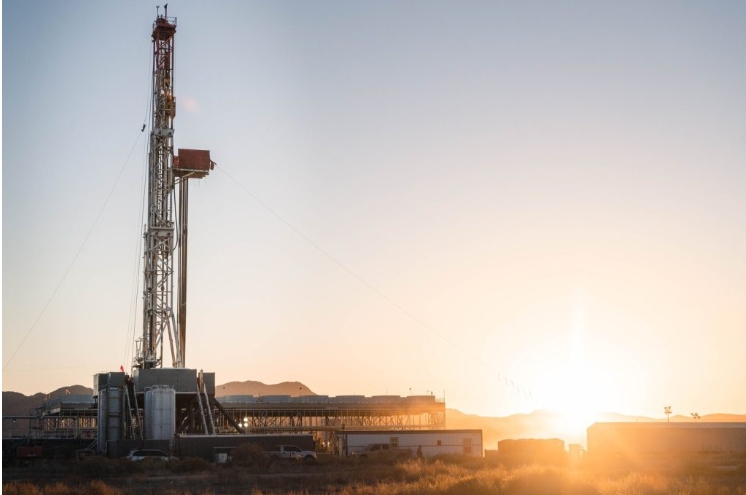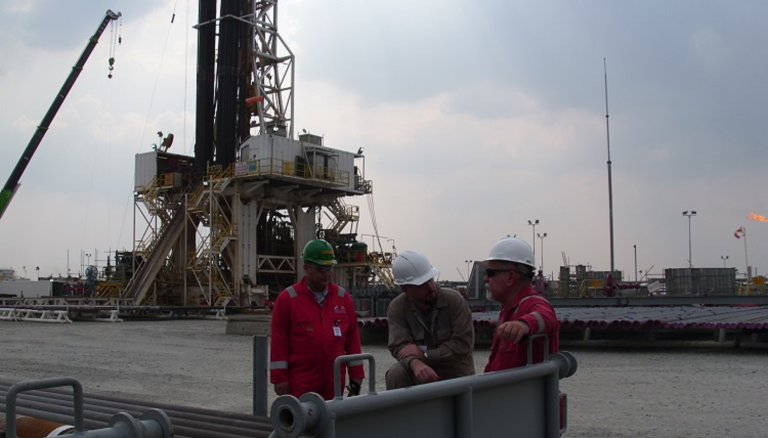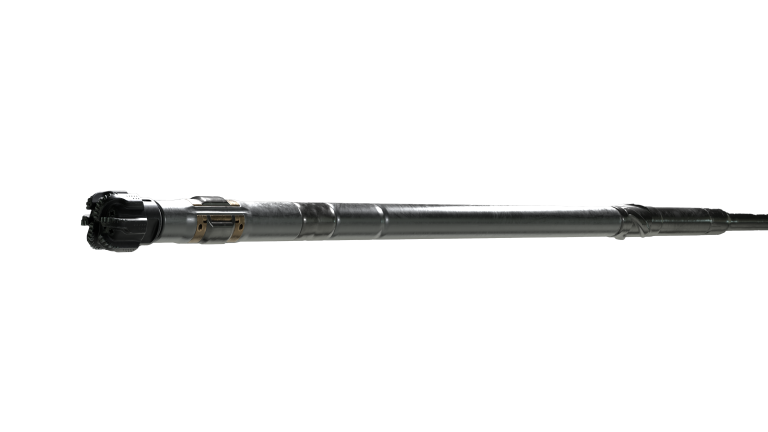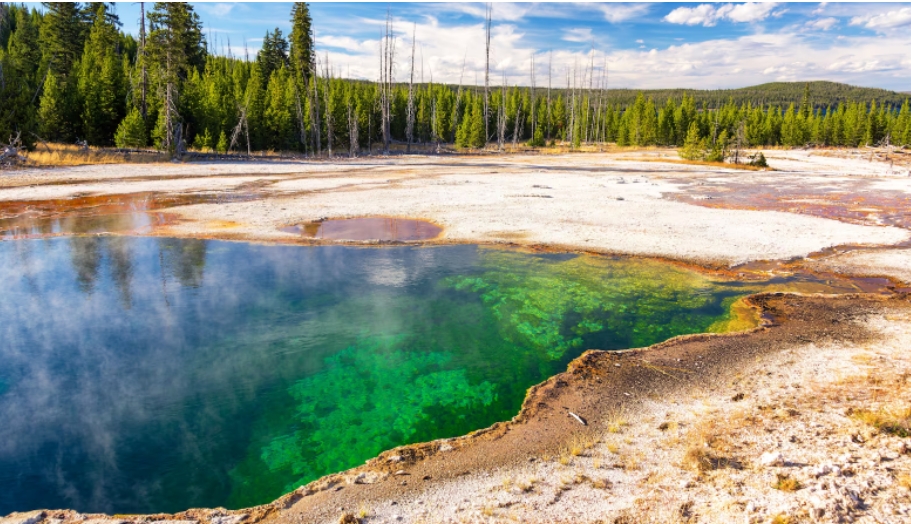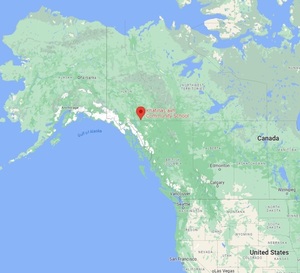
A school located in the south-central region of Canada’s Yukon Territory, roughly 250 miles northeast of Juneau, Alaska, will source up to 90 percent of its heat from biomass under an agreement announced on Aug. 22.
The government of Yukon and the Teslin Tlingit Council have signed heat purchase agreement that will supply the Khàtìnas.àxh Community School in Teslin, Yukon, with heat from the Teslin Tlingit Council’s biomass facility.
The Teslin Tlingit Council in 2017 developed a 1.5-megawatt (MW) waste-wood fueled district heating system. According to the Yukon government, the facility currently supplies heat to more than 10 local buildings, including a multi-unit residential building and administration offices. The biomass system will also be used to heat the school starting this school year.
The heat agreement will allow the school to reduce its consumption of imported heating oil and is expected to reduce the facility’s greenhouse gas (GHG) emissions by 106 metric tons annually.
In addition to reducing GHG emissions, the use of biomass also helps reduce local wildfire risk by reducing fuel loads and creating necessary firebreaks around the Teslin community.
“The Government of Yukon is proud to work with Yukon First Nations and Yukon communities to support the advancement of renewable energy projects,” said Minister of Highways and Public Works Nils Clarke. “The signing of a heat purchase agreement for biomass fuel in Teslin’s Khàtìnas.àxh Community School is a great example of how government can support community-led renewable energy initiatives.”
“The Teslin Tlingit Council is very pleased to announce the Teslin School Heating Agreement – an innovative agreement five years in the making between the Teslin Tlingit Council and the Yukon government allowing for the Teslin School and its students to benefit from the local renewable biomass heating source,” said Teslin Tlingit Council Chief Eric Morris. “This heat agreement will lower greenhouse gas emissions annually by replacing imported heating oil with carbon neutral biomass.”
